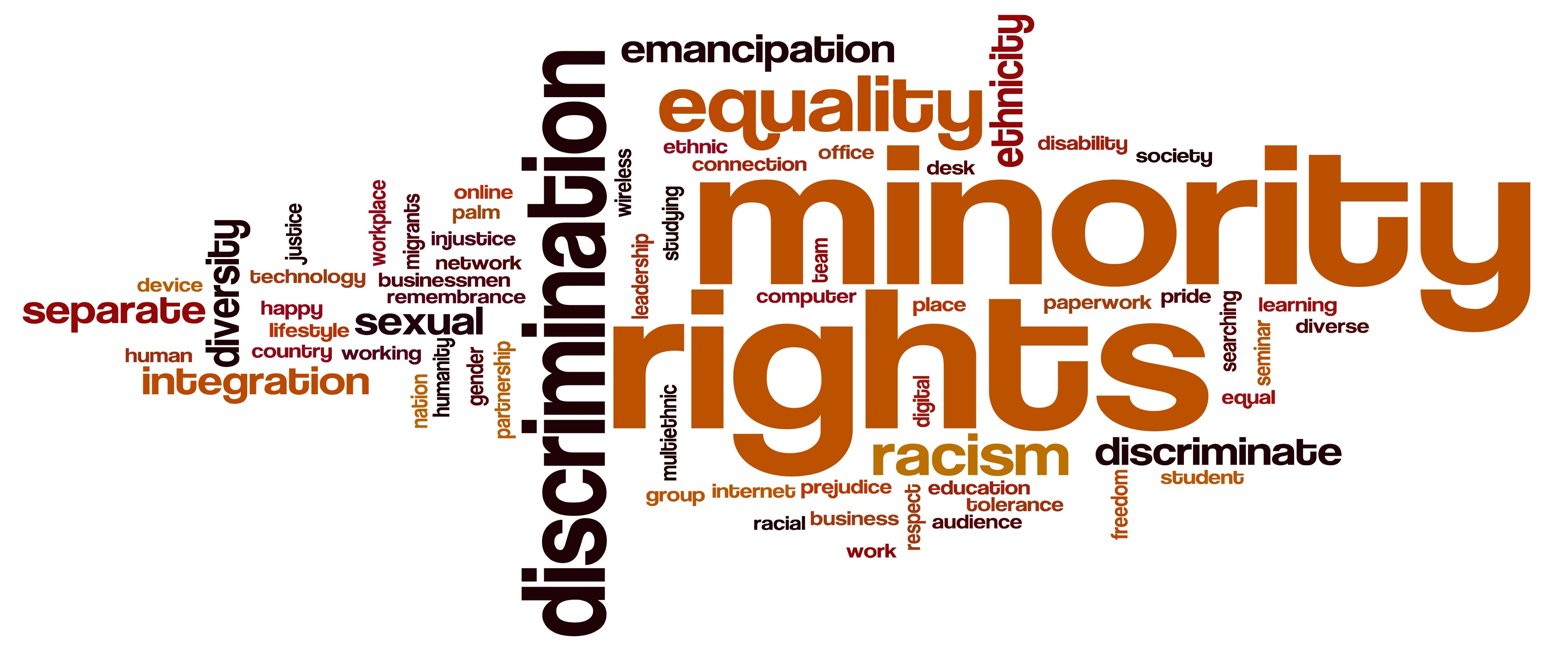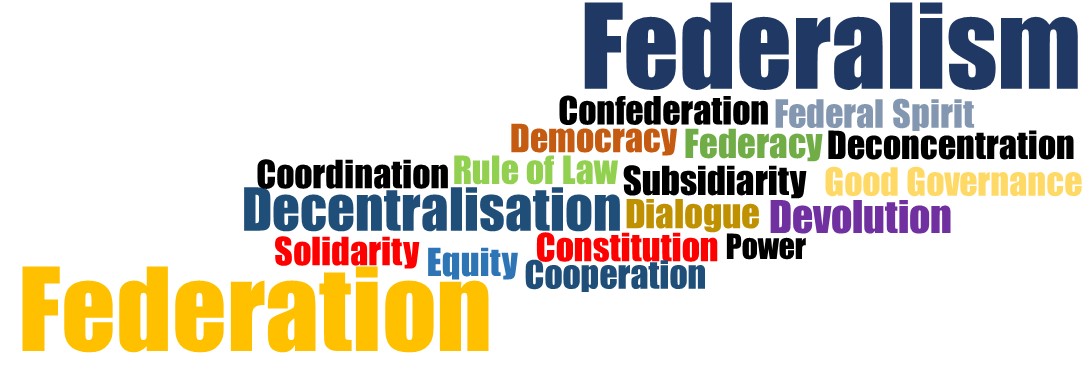Abstract
Non-Territorial Cultural Autonomy (NTCA) advocates the creation of minority rights regimes in societies that are culturally diverse, but which for a variety of reasons are not wholly suited to federal solutions. In this contribution, I examine the long history of NCTA, drawing upon a number of empirical examples to substantiate the claims made by both is supporters and detractors. In the final section, I turn to the contemporary relevance of NCTA, concluding that while assessments on the efficacy of NTCA tend to be rather gloomy, it is a solution that should not be readily dismissed, particularly in a world replete with dysfunctional and failed states.


